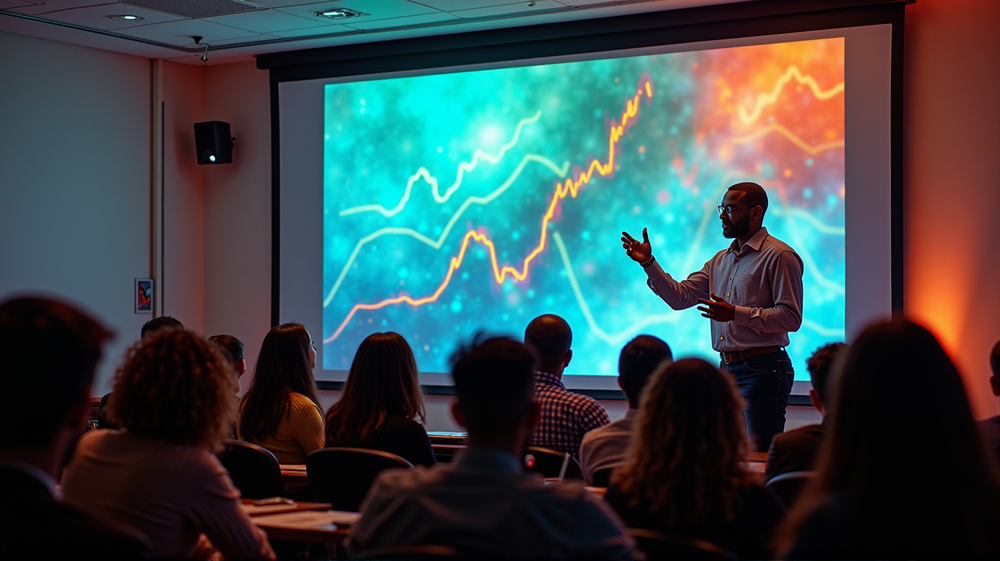Economic diversification and institutional reform are at the heart of a discourse led by an esteemed Professor of Economics from the University of Ibadan, Olawale Ogunkola. In a thought-provoking lecture titled “Nigerian Economy: Is there a light at the end of the dark tunnel?” delivered during the 33rd-anniversary celebration of the Resurrection Morning Star Society, Professor Ogunkola urged Nigerian authorities to embrace these pivotal changes as a way to alleviate the country’s ongoing hardships and counter pervasive corruption.
Historical Context and Comparative Analysis
Professor Ogunkola provided a comprehensive history of economic reforms in Nigeria, drawing parallels with countries like Malaysia, Singapore, Korea, and Indonesia. With detailed graphical data, he showcased Nigeria’s fluctuating GDP growth rates from 1961 to 2023. These metrics highlighted how Nigeria has yet to reach the developmental milestones achieved by its peers, despite similar starting conditions.
The Journey Through Economic Reforms
The dialogue extended to notable economic reforms, such as the 1986 Structural Adjustment Programme (SAP) through to the 2021 Petroleum Industry Act (PIA). By tracing the impacts of market liberalization, fiscal policy adjustments, and deregulation, the professor parsed how these moves have historically shaped Nigeria’s economic landscape.
A Balanced Approach to Reforms
Highlighting current reforms, Professor Ogunkola discussed the necessity of policies like the removal of fuel subsidies and the liberalization of exchange rates. While these changes are designed to spur economic growth and infrastructure development, he acknowledged the accompanying challenges, such as rising fuel prices and inflation, which amplify the hardships faced by everyday Nigerians.
Short and Long-term Strategic Measures
The professor advocated for a nuanced approach involving immediate relief measures, including direct cash transfers and student loan schemes, paired with strategic long-term goals encompassing economic diversification and robust fiscal policies. The primary aim is to not only stimulate growth but to enhance social welfare across all socioeconomic strata.
Bridging Economic Growth with Social Responsibility
Professor Ogunkola concluded that the measure of successful reforms would rest largely on the government’s ability to balance the scales of growth and social welfare. This requires navigating the intricate weave of both microeconomic and macroeconomic dynamics while addressing the grievances of a populace striving for better livelihoods.
Voices of the Scholars and Society
The lecture’s impact was further pronounced by remarks from Professor Olabode Lucas and Professor Olu Ajakaie, who reiterated the necessity of aligning governmental narratives with the lived realities of Nigerian citizens. Their observations served as a call for critical evaluation of the nation’s progress in areas of democracy and economic vitality.
In the session’s closing, Professor Ogunkola engaged with questions about Nigeria’s socio-economic challenges, providing insights through data and expert analysis. Emerging from this event is a collective understanding that economic reforms, although rife with challenges, hold the potential to guide Nigeria towards a more prosperous and equitable future. As stated in Tribune Online, such endeavors are paramount to shaping a more resilient Nigeria.












